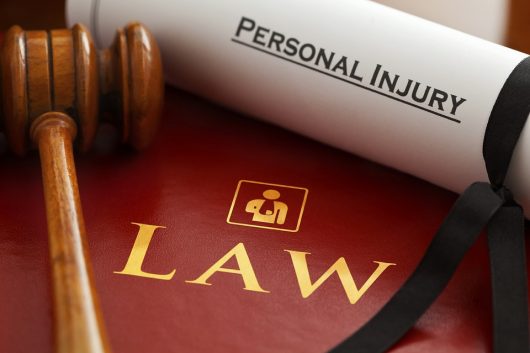New York Personal Injury Lawyers Explain How Legal Fees for Personal Injury Cases Work.
Contingency fees… costs and expenses… retainer agreement… What does it all mean? These are some common terms you may hear when hiring a personal injury attorney. Personal injury attorneys generally work on a contingency basis which means the lawyer is only paid a legal fee if the lawyer successfully resolves your case.
Contingency Fee
A contingency fee arrangement means that an attorney does not get paid for his or her services until he/she secures a favorable settlement or wins the case at trial. In other words, it is a fee contingent upon the lawyer’s success. If there is a favorable verdict after trial or the case has settled, the lawyer will be paid out of the proceeds of the litigation. In most personal injury cases, the recovery is from an insurance company. If a lawyer wins the case, he or she will take a percentage of the trial verdict or final settlement if the case is resolved before trial. If no money is recovered from a judgment or settlement, the client does not owe the lawyer a fee for their time. The typical contingency fee in a standard negligence cases in New York State is 33.33% of the money recovered. That fee can be less in medical negligence cases. Contingency fee agreements can be especially helpful in injury cases where the client may not have the ability to pay an attorney a legal fee up front or by the hour. Contingency fee cases are also helpful for the client as the attorney can be responsible for all the costs associated with the case. Which as you’ll see below, can be quite costly!
For a lawyer, accepting a case on a contingency basis is a risky endeavor. The lawyer is taking a risk on the case as the lawyer will only get paid if there is a successful result, even though they will undoubtedly work quite hard and work many hours on the matter. During the course of litigation, some cases will settle, some will go to trial, and some will be appealed and perhaps tried multiple times. In other words, an attorney has little idea as to how much time a case will take from the beginning to the end of the case given all of these variables. The lawyer will get no compensation for his or her time if the case does not resolve by settlement or verdict. Since lawyers are assuming quite a bit of risk, they generally offer free consultations. Doing so helps them select cases they think have a good probability of winning, and thus, monetary recovery for their client’s injuries and a fee for their time at the end.
Appeals are generally not covered by the contingency agreement and would be addressed with a separate fee arrangement that would ultimately be paid from the proceeds of a successful settlement or verdict.
Expenses/Costs
When meeting with a lawyer, you may also hear the lawyer talk about case expenses. Expenses are different than a legal fee. With any case, costs and expenses result from such things as obtaining medical records, investigative costs, court filing fees, transcript fees, consulting with experts as well as any other items that need to be paid in order to advance the case toward settlement or trial. Clients can choose to be responsible for the costs or ask the lawyer to be responsible for the costs. If the lawyer remains responsible for the costs, the lawyer pays all of the expenses and will be reimbursed at the end of the case from the settlement or verdict.
If the client chooses to be responsible for the costs and expenses, they will be billed as these expenses are incurred throughout the litigation process. Don’t be afraid to ask questions so that you are sure you understand when and how you will be billed.
Retainer Agreement
The retainer agreement is the legal document signed by the client and the attorney when the client decides to hire the lawyer. This agreement confirms the fee agreement as to how the lawyer will be paid and who will be responsible for the case expenses.

